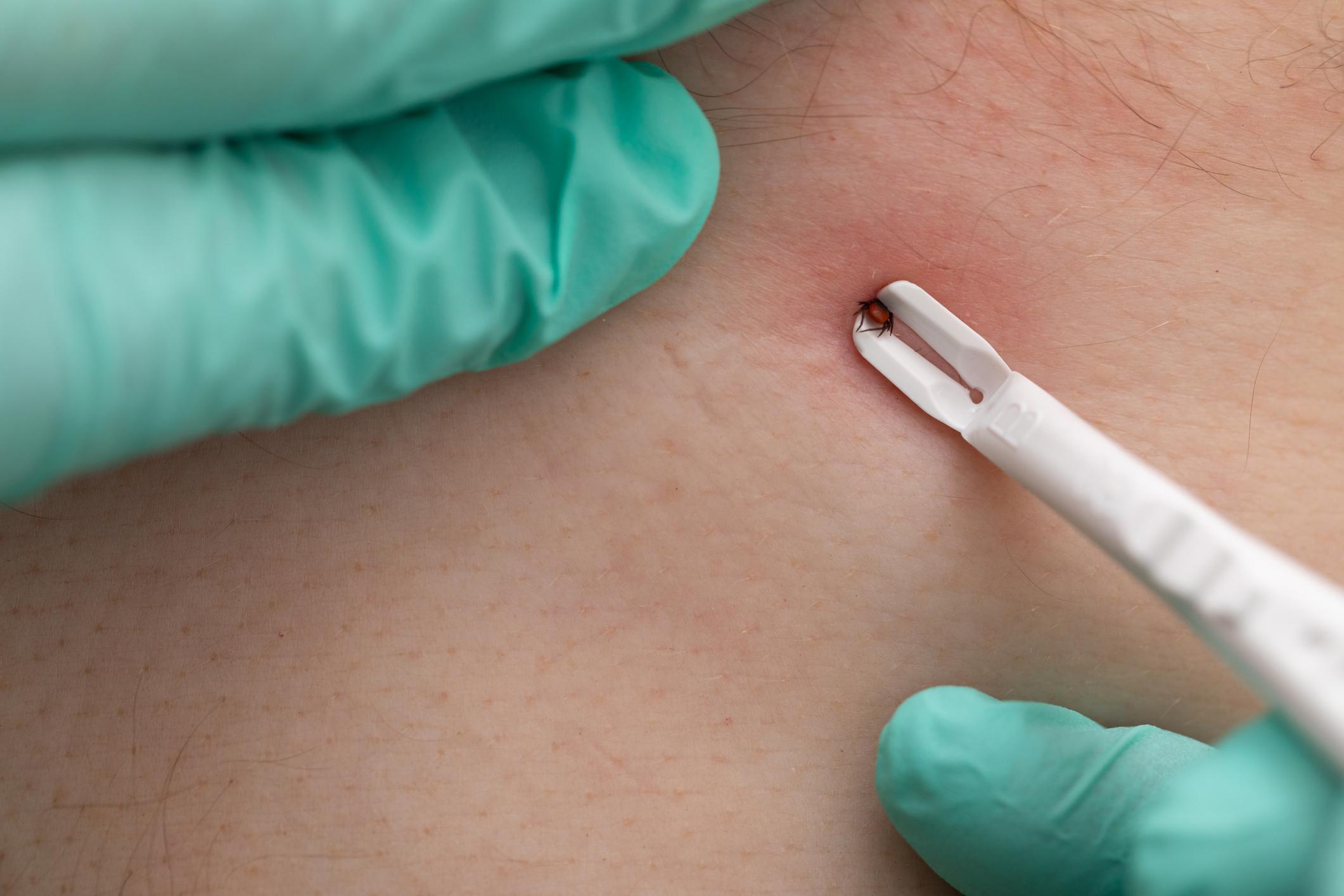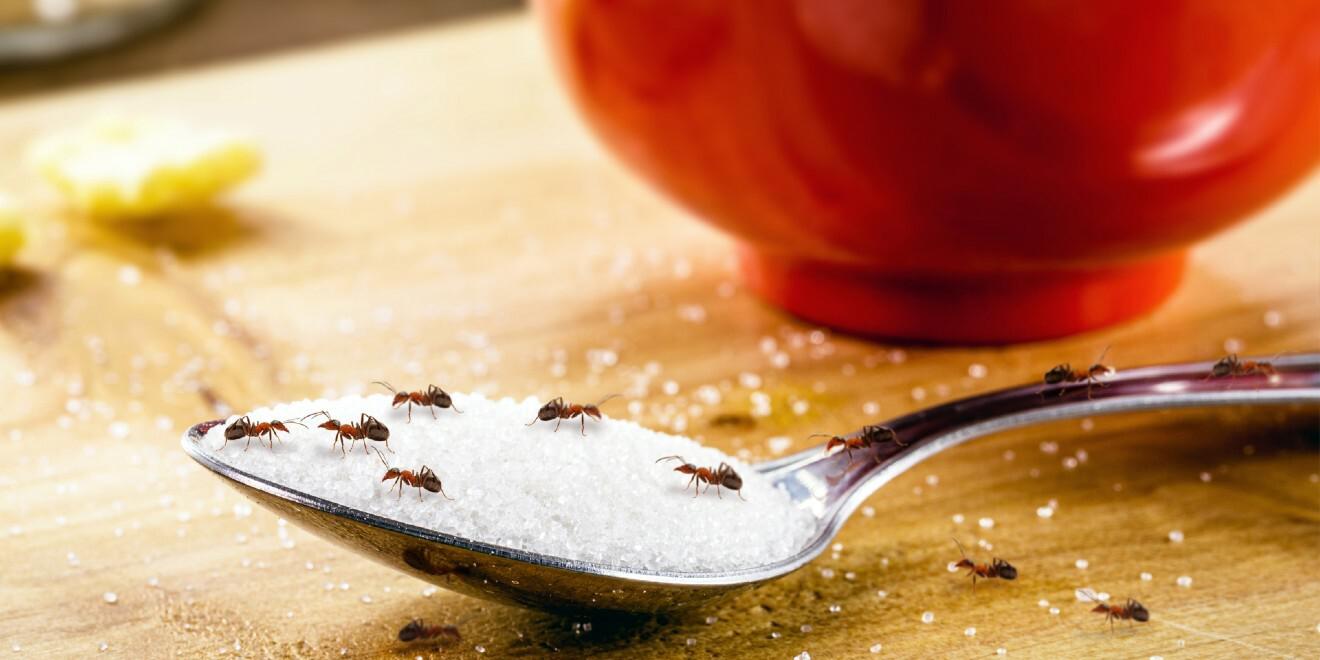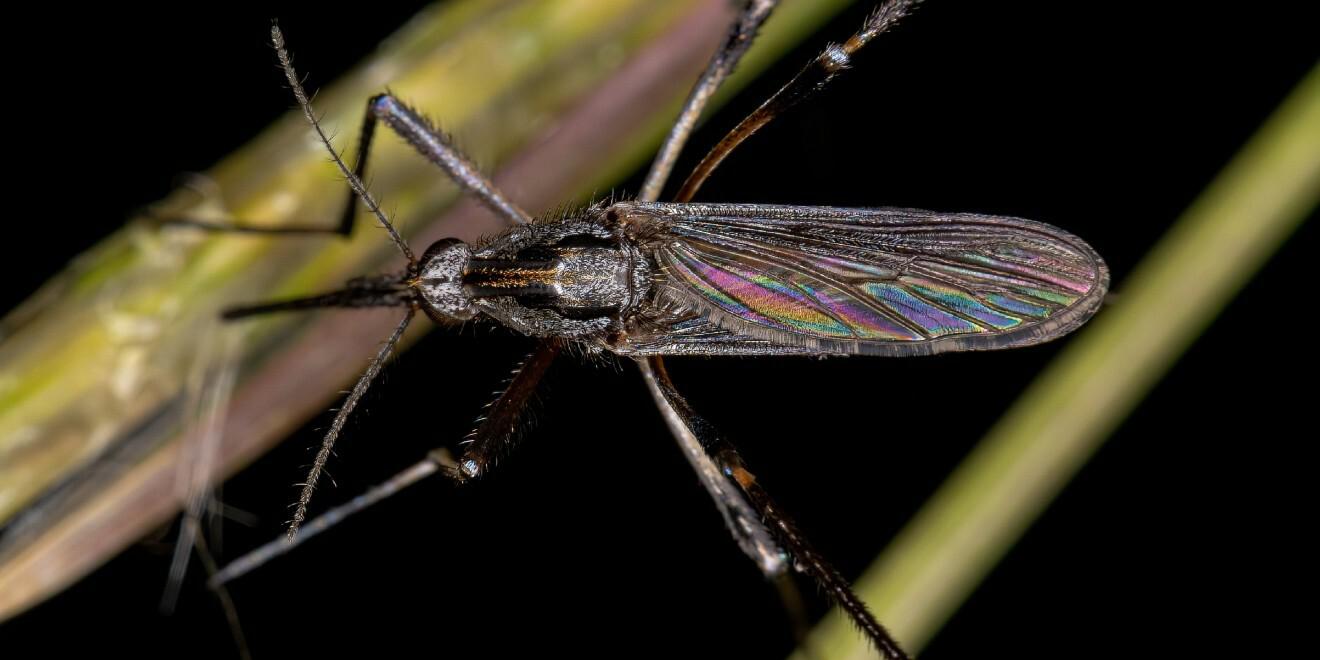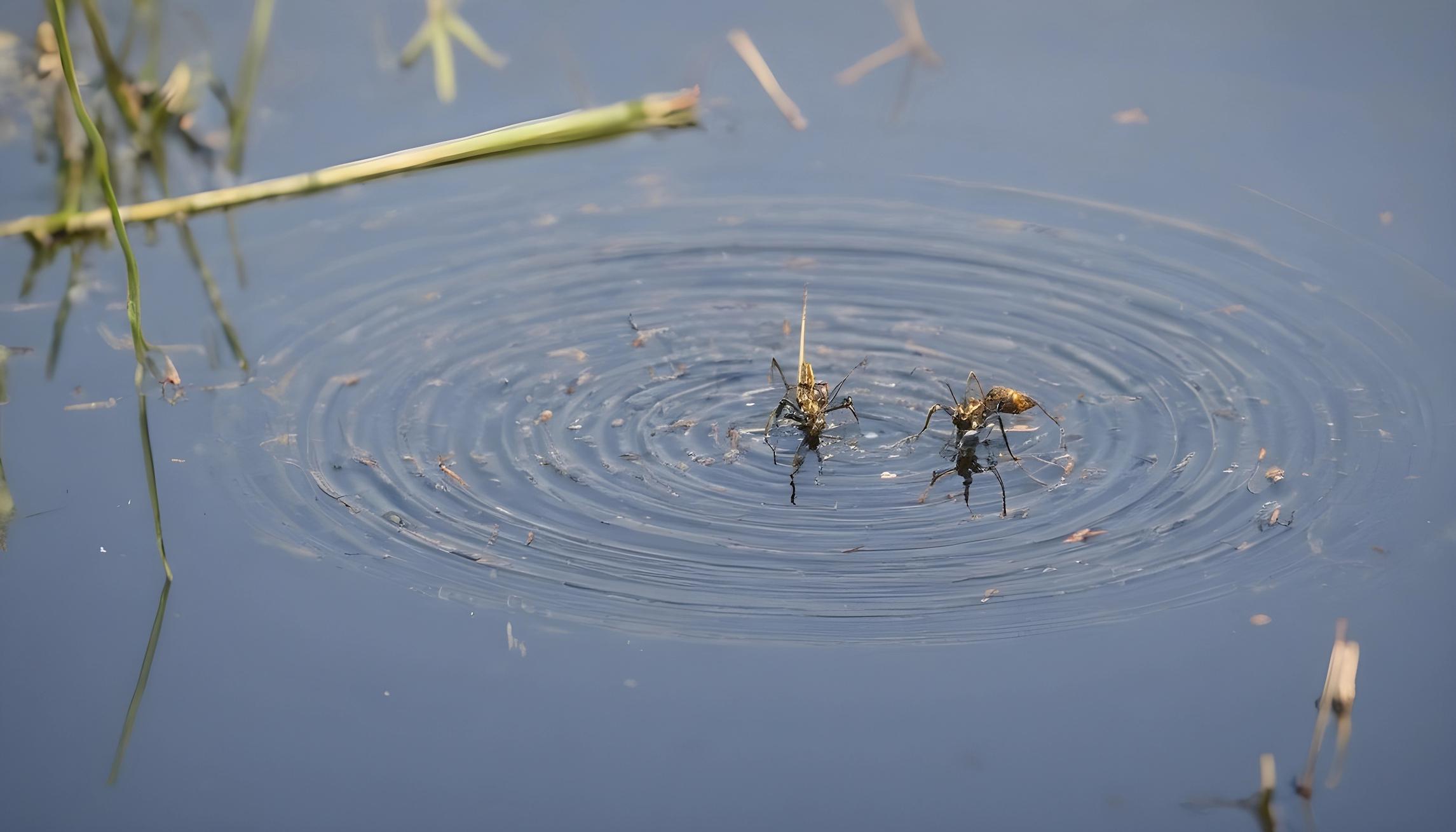Don't Let The Cool Temperatures Fool You!
Posted by Mosquito Squad
April 26, 2018
The Weymouth, Canton, Cohasset and South Shore area has seen its fair share of unseasonably cool temperatures this spring. Mother Nature has definitely shown her moody side with weather that has ranged from rain and snow to 70+ degree days in between. With this in mind, many residents might assume that they can forget about outdoor the dangers of ticks until warm weather is in full swing. What many don’t realize is that many tick species in our area, such as the black-legged (deer) tick, who is the source of a host of tickborne illnesses, including Lyme Disease, can remain active all winter long.
Don’t Be Fooled By Unseasonably Cool Temperatures
The deer tick is most active during warm weather months but can and will remain active all winter unless the temperature dip below freezing or there is snow cover. These periods of inactivity are short-lived because the ticks will resume activity as soon as conditions warm up a bit or snow melts.
As the days continue to get warmer, there are fewer cold spells that will halt the activity of overwintering ticks. More ticks that survive the MA winters, mean more ticks looking for hosts come spring. This equals a catalyst for more potentially infected ticks to transmit Lyme Disease or other diseases onto us. The real message here is that there is no time of the year when you can assume that ticks (and Lyme disease) are not factors — don’t let the temperatures fool you into letting down your guard!
Some tick species will hibernate and wait out the cold in a protected microenvironment such as in leaf and lawn litter or within the trunk of a tree before becoming active again as the weather warms. They not only hibernate but also reproduce during this time. As a result, the longer the winter the greater the tick population will be the following season. Additionally, ticks become active when temperatures exceed 45 degrees. Our but it’s still cold outside is their morning wakeup call. Mosquito Squad of Boston Metro South wants to warn you to their possible activity as temperatures begin to rise.
A female tick requires a blood meal in order to prepare for laying her eggs this spring. While the female tick is on the hunt for food, the male tick which doesn’t generally feed on a human or animal host is looking for a female to mate with. Once a tick makes contact with you or your pet, they quickly search for exposed skin where they can suck for blood. Ticks need to remain attached for at least 48 hours before they can transmit an infection through their saliva and into your system. But they do have a clever way attaching to areas less exposed, such as the armpit, the back of the neck, the groin area, in the hair or behind the knees.
If you have pets or spend time outdoors, it is particularly important even in times of cooler weather to inspect yourself and your pet for ticks. Don’t make the mistake of being flippant about the dangers of ticks during all seasons and maintain your guard whilst enjoying outdoor activities.
Now is the best time to address ticks before they get out of control. We offer complete tick control through prevention and elimination. We use a combination of techniques to get rid of ticks in your yard and keep them from coming back. This includes our proven barrier treatment which eliminates adult ticks on contact. This treatment will last for up to 21 days before it has to be reapplied.in. We recommend using this in conjunction with our tick tube service, which targets nymph ticks. Tick tubes must be replaced twice throughout the season for maximum protection.
Contact us at (781) 471-5793 for a free tick control consultation and ask about our tick tube special.
Mosquito Squad of Boston Metro South serves: Abington, Avon, Braintree, Brockton (02301), Canton, Cohasset, Dorchester (02124), Hingham, Holbrook, Hull, Hyde Park, Mattapan, Milton, Quincy, Randolph, Weymouth and Wollaston.















